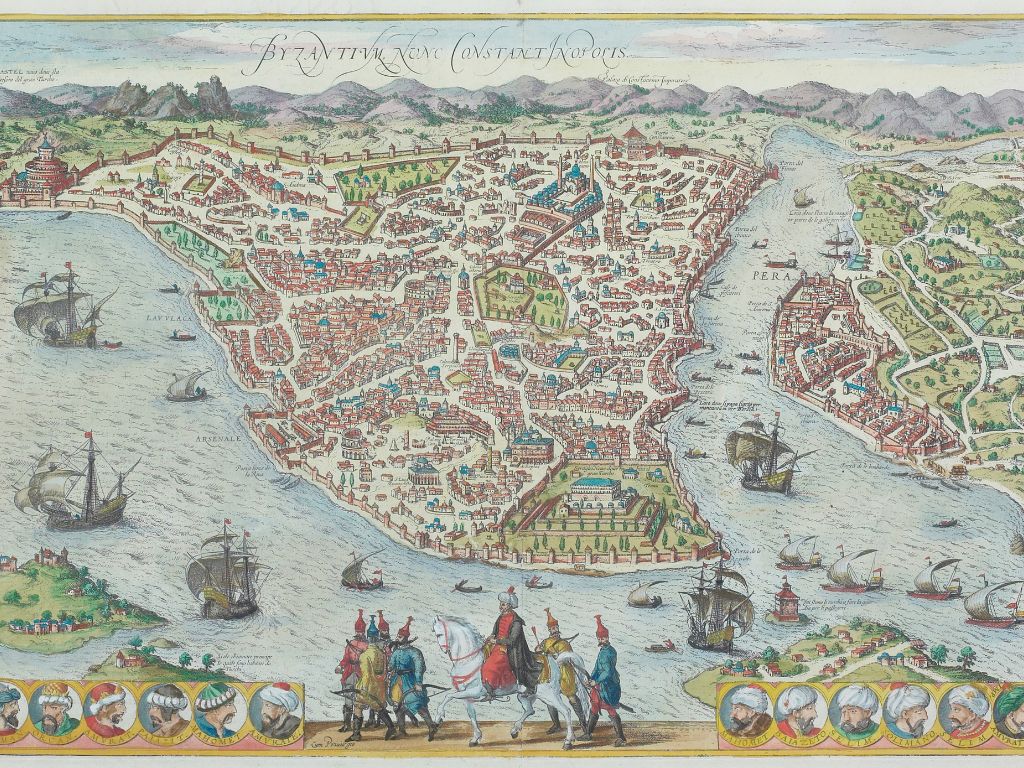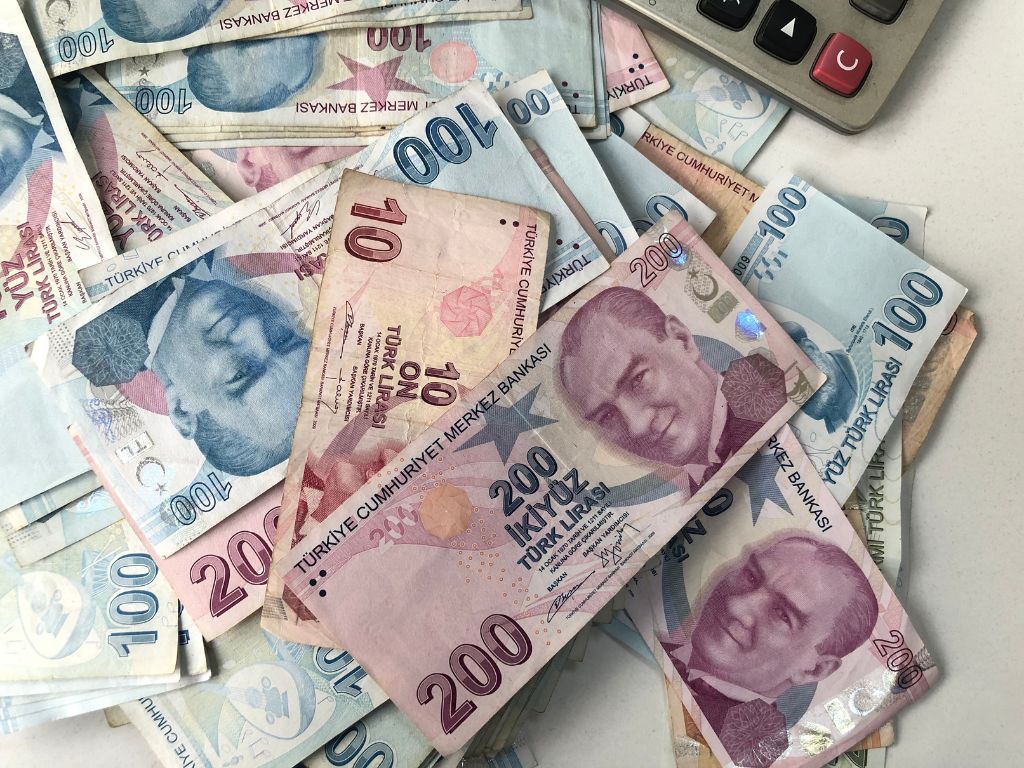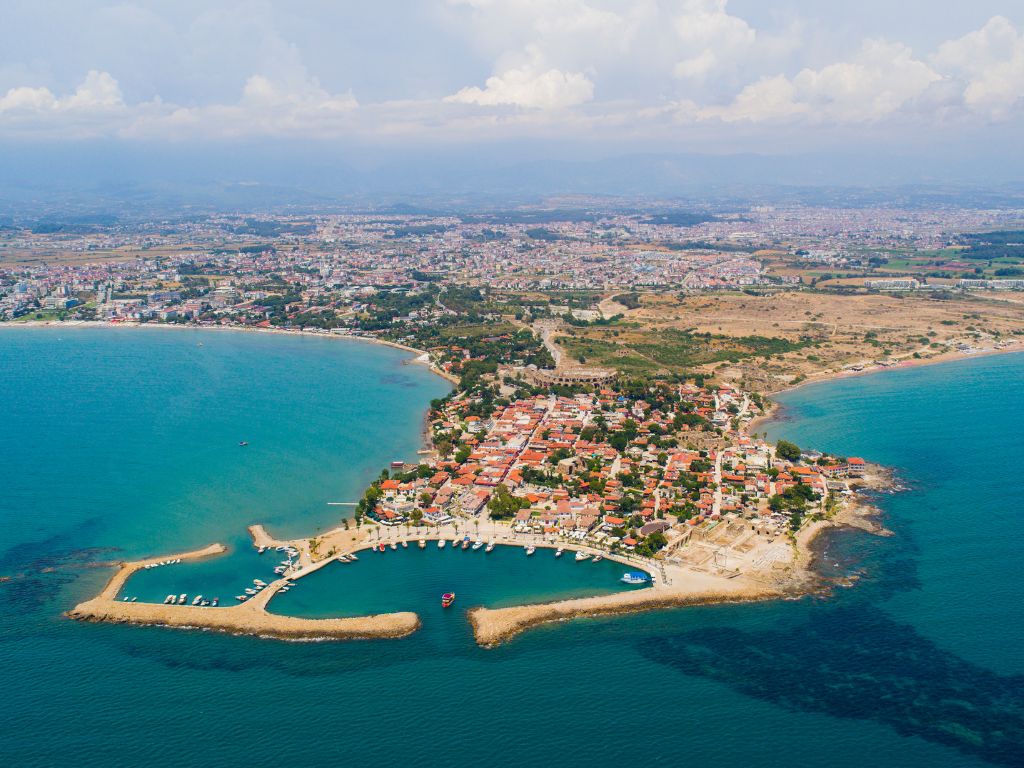- Miami
- Lisbon
- Dublin
- Dubai
- Cebu
Insights
Türkiye is a transcontinental country located on the border between West Asia and Eastern Europe. It is found mostly on the Anatolian Peninsula – the westernmost point of the continent of Asia – with a small portion located on the Balkan Peninsula in southeast Europe.
It’s difficult to overstate Türkiye’s historical importance, from both a geographical and cultural perspective. Often called the ‘Gateway to Asia’, the region was of immense strategic significance to many empires throughout history, both from Europe and Asia. Not only does it represent a land bridge from Europe to Asia (and thence to Africa), it also contains the Turkish Straits – a vital stretch of water that connects the Black Sea to the Mediterranean.
During the course of this article, we plan to examine Türkiye as a country – its history, its current political, geopolitical and financial status, and recent developments in the country that are likely to impact it going forward.
Humans have been present on the Anatolian Peninsula since the Old Stone Age, or Palaeolithic Era. The country is the site of the world’s oldest man-made structure – a temple at Göbekli Tepe, which dates to around 10,000 BCE. The oldest naturalistic depiction of a human being – the Urfa Man – also hails from the region.
The region was ruled by several Bronze Age empires, including the Akkadian Empire and Assyria. Evidence of other peoples has been found on the peninsula, including the Hittites and the Hattians.
In classical times, the Anatolian Peninsula was divided into several small states such as Phrygia and Lycia. In the east, meanwhile, the powerful Achaemenid Empire rose to prominence and soon absorbed most of the peninsula, dividing it into several satrapies (administrative regions much like states or counties).
The Anatolian Peninsula was instrumental in one of the most pivotal wars in European history – the Greco-Persian Wars. The 50-year war, which ultimately ended in a Greek victory, eventually saw Alexander the Great conquer the region and led to the Hellenization of the region.
The region passed through the hands of several empires after Alexander’s death, including the Seleucid Empire (a successor of Alexander’s), the Roman Republic (and later empire). After the fall of Rome, the newly formed Eastern Roman Empire (AKA the Byzantium Empire) controlled Anatolia from its capital of Constantinople (later Istanbul).
The Byzantine Empire fell to the Muslim Ottomans in the 14th century, setting the stage for what would eventually become modern Türkiye. Taking Constantinople as their capital, the Ottomans would dominate Near-East and Eastern European culture for centuries to come.
Though the Ottomans lost much of their power from the 17th century onwards, they remained a world power until World War One, where they entered on the side of the Central Powers and were ultimately defeated. This defeat led to the collapse of the empire, and the birth of modern-day Türkiye.
The Republic of Turkey was formed on October 29th, 1923. The first president, Mustafa Kemel Atatürk, immediately set about distancing himself from the openly religious Ottoman Empire by ensuring that the new republic would be a secular one.
Türkiye has endured tumultuous times in the past century. It remained ostensibly neutral during World War Two (though with a treaty with Britain that guaranteed protection in the event of a German invasion), and was the source of much Cold War tension due to its strategic location. It has also been the site of many attempted military coups – the most recent attempt being in 2016 – but as of 2023, the Republic still stands strong.
Recent Turkish history is very much dominated by the man who became the country’s first popularly-elected president -- Recep Tayyip Erdoğan.
Erdoğan was first elected in 2014 in a landslide victory that saw him easily take most of the country. Over the next few years Erdoğan was forced to weather a number of crises, the most prominent of which was the attempted 2016 coup.
The coup was instigated by the so-called “Peace at Home Council”, which consisted of large portions of the Turkish military who were dissatisfied with the direction Erdoğan was taking the country. They cited the erosion of diplomatic institutions, a loss of secularism and a diminishing on the international arena as reasons for attempting to oust Erdoğan’s government.
The coup was defeated by loyalist forces and civilian militias loyal to Erdoğan, and in the wake of the attempted insurrection mass arrests were made. Links were made to a Turk in exile, Fethullah Gülen, who resides in the US. There was subsequently some tension between Türkiye and the US in the wake of the coup.
In 2018, Erdoğan was again elected president. The results were similar to the 2014 results, with Erdoğan easily taking most areas of the country, with only a handful of territories along the southwestern coast and Syrian border voting against him.
Türkiye’s most recent presidential election took place on May 14th, 2023. Erdoğan was again elected, with 268 seats and 35.61% of the popular vote. This was a marked decline from the 2018 election, in which he had over 50% of the popular vote. Despite this apparent decline in popular support, Erdoğan continues to go from strength to strength.
With Erdoğan re-elected for the third time in 2023, it’s likely that closer ties are going to be forged with the Gulf Cooperation Council in the Middle East, leading to a further influx of capital into the country and a strengthening of its economy.
And speaking of the economy – the Turkish lira has weakened considerably in the last decade, plunging to around a tenth of its previous value against the US dollar. This has considerably weakened the purchasing power of the lira, but means that foreign investors will be getting much more value for their money when investing into Türkiye. This is good news for people considering the country’s citizenship by investment (CBI) program, as it means they’ll be able to buy Turkish property much more cheaply than they might have in the past.
Erdoğan’s victory is likely to signify closer relations with Vladimir Putin’s Russia. Unfortunately, this will potentially strain the country’s relationship with the EU, and may jeopardise Türkiye’s bid for EU membership.
This situation has, recently, been further exacerbated by tensions with Sweden over the Scandinavian country’s refusal to interfere with Qu’ran burnings – something that Türkiye, with its overwhelmingly Muslim population, has strongly protested against. This is more likely to complicate Sweden’s NATO bid rather than Türkiye’s EU membership application, however.
Erdoğan’s unorthodox economic policies over the past decades have, as noted, been quite disastrous for the lira and for the country’s overall economy. However, in 2023 a rejig of his cabinet – including appointing a former Wall Street banker as head of the Central Bank – signalled a willingness to perform a U-turn on his previous economic policy in an attempt to right the ship.
Interest rates were hiked by the Central Bank in what was perceived as a move to control Türkiye’s rampant inflation (which was a staggering 85% in October 2022, and 40% in May 2023).
The long-term ramifications of the new interest-rate policy have yet to be seen, but it is certainly a welcome step; Erdoğan’s previous approach of slashing interest rates, in a move that many saw as a wrongheaded effort to increase domestic production by keeping labour costs low, is seen by many to be the primary culprit for the lira’s devaluation and massive inflation.
And speaking of the lira: it continues its decade-long slump, reaching a historic low of 25.59 lira to the dollar in June 2023. Again, it is too soon to see if the lira is able to recover in the wake of the new economic policies, but fingers will be crossed in Ankara for such an outcome.
In order to assist Turkish citizens with the crippling burden such soaring inflation has brought, the government has also issue a maximum rent increase of 25% per year. It has also pledged to increase the country’s minimum wage by 34%, to 11,402 lira ($483) per month.
Both of these measures are designed to help the average Turk deal with rampant inflation and crippling rent costs, but again, time will tell whether or not the new policies are able to reverse a 10-year economic drought, or if it is too little too late.

Türkiye is a fascinating and cosmopolitan country that has been a major player on the world stage for over a thousand years, and – given its extremely important strategic location straddling Asia and Europe, as well as offering easy access to Africa – its significance is hardly likely to diminish in any significant capacity in the coming years.
However, it does face an uncertain economic future, and only time will tell if Erdoğan and his new cabinet are able to reverse the disastrous policies of the 2014-2023 period. If they are, then Türkiye could face a new era of unprecedented economic growth.

Türkiye is a fascinating and cosmopolitan country that has been a major player on the world stage for over a thousand years, and – given its extremely important strategic location straddling Asia and Europe, as well as offering easy access to Africa – its significance is hardly likely to diminish in any significant capacity in the coming years.
However, it does face an uncertain economic future, and only time will tell if Erdoğan and his new cabinet are able to reverse the disastrous policies of the 2014-2023 period. If they are, then Türkiye could face a new era of unprecedented economic growth.

Türkiye is a fascinating and cosmopolitan country that has been a major player on the world stage for over a thousand years, and – given its extremely important strategic location straddling Asia and Europe, as well as offering easy access to Africa – its significance is hardly likely to diminish in any significant capacity in the coming years.
However, it does face an uncertain economic future, and only time will tell if Erdoğan and his new cabinet are able to reverse the disastrous policies of the 2014-2023 period. If they are, then Türkiye could face a new era of unprecedented economic growth.
Get in touch to discuss how we can help you with your citizenship or residency by investment goals. One of our investment migration experts will contact you to discuss your case. With over 16 years of combined experience our team has helped hundreds of families achieve freedom.